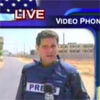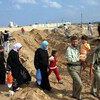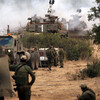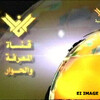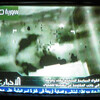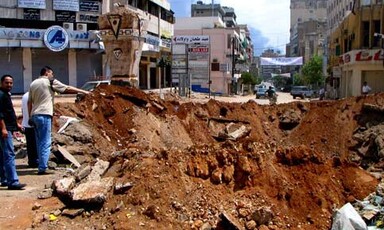
The report from Dahiyeh: The shelling is getting worse
New York City 14 July 2006
The shelling in Lebanon has gotten worse since Israel began attacking a couple of days ago. The roads, bridges and overpasses of the south have been bombed to the point where the entire area is debilitated. Villages are cut off from each other, and from main cities. The electrical plant in the south was bombed early on so hundreds of thousands of people have been without electricity during the hottest time of the year. The smallest of bridges (like the one that links our village, Arab Salim, and the main road) have been bombed. Read more about The report from Dahiyeh: The shelling is getting worse

